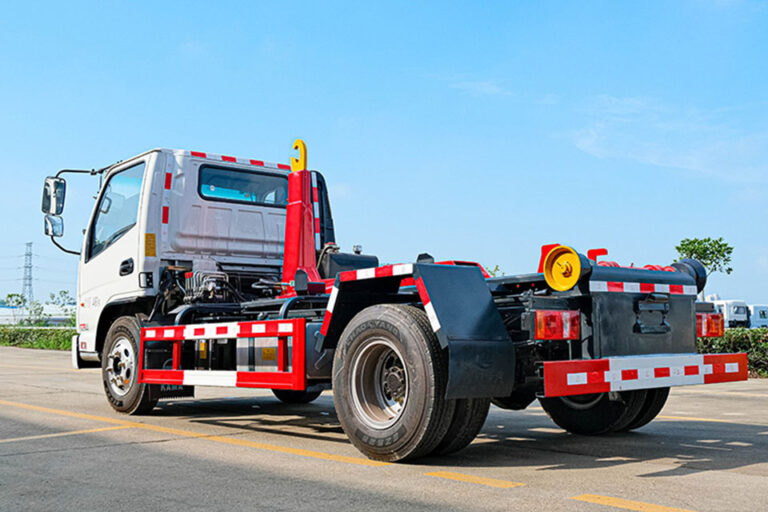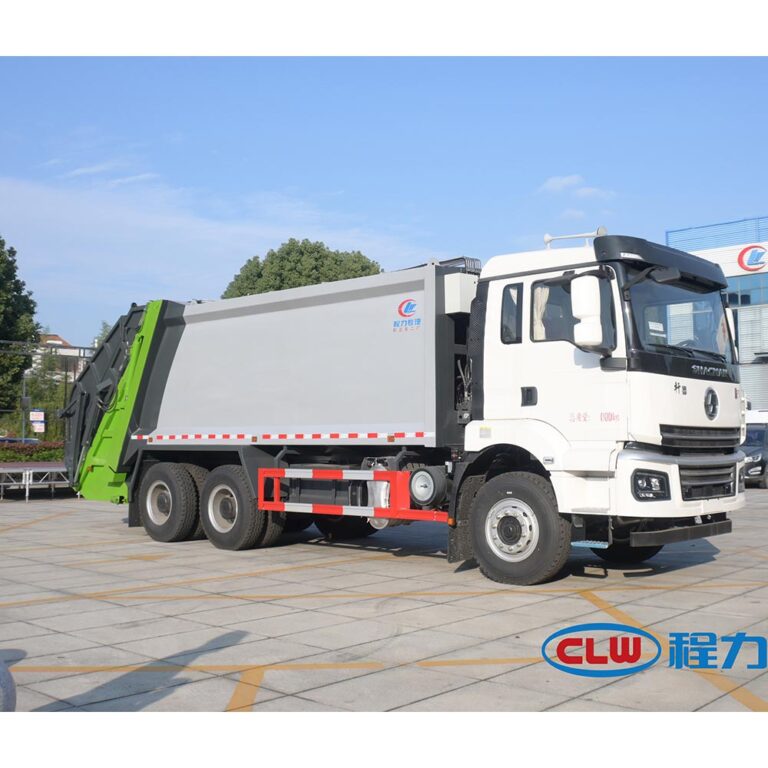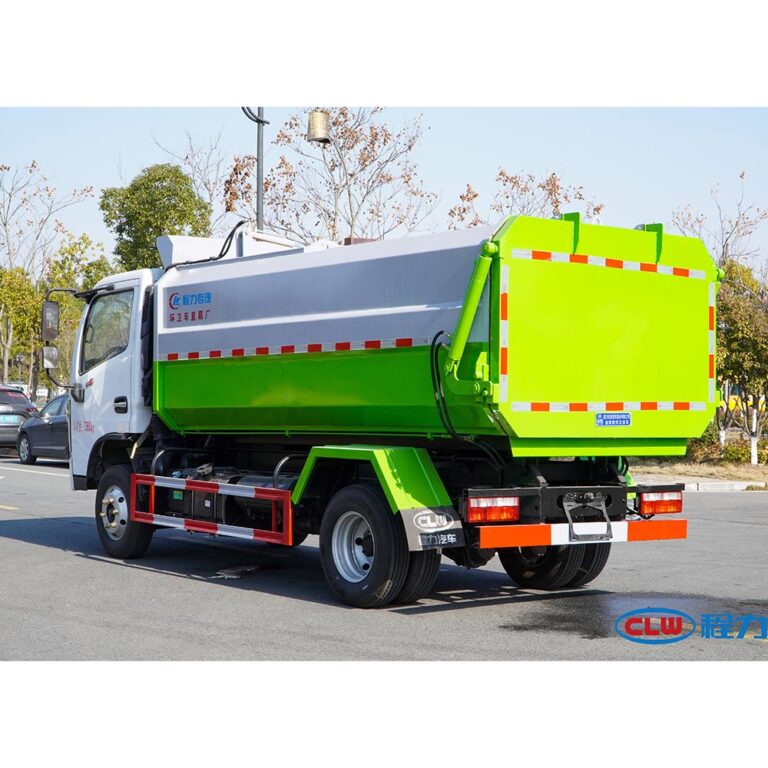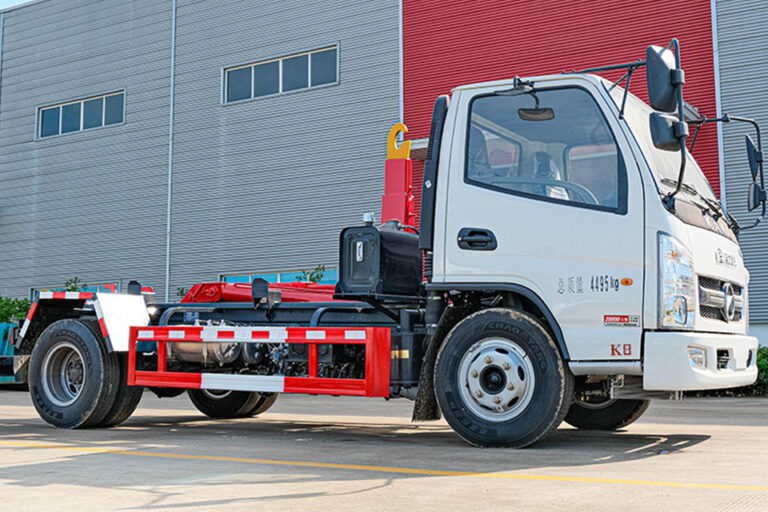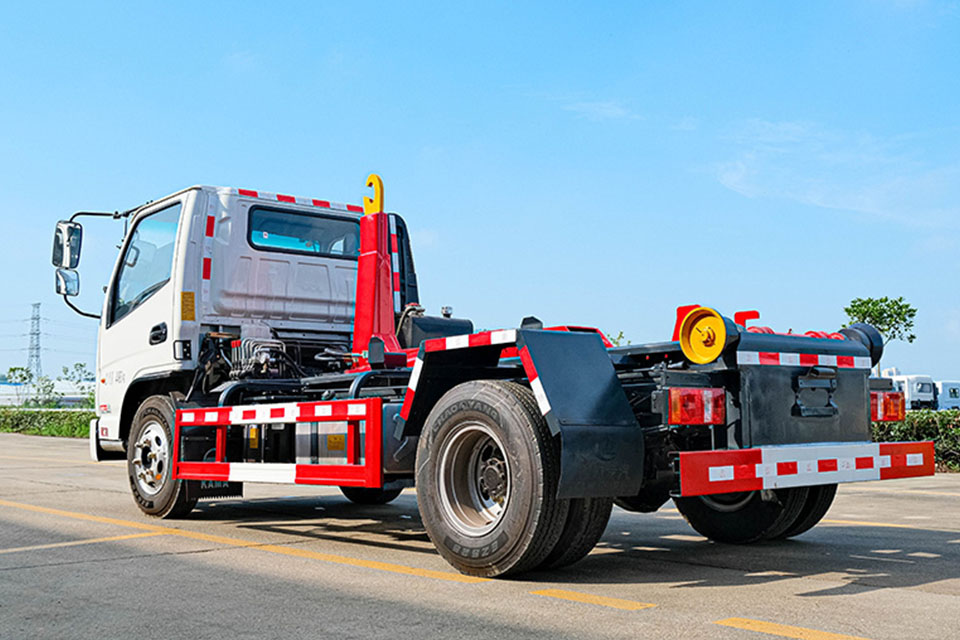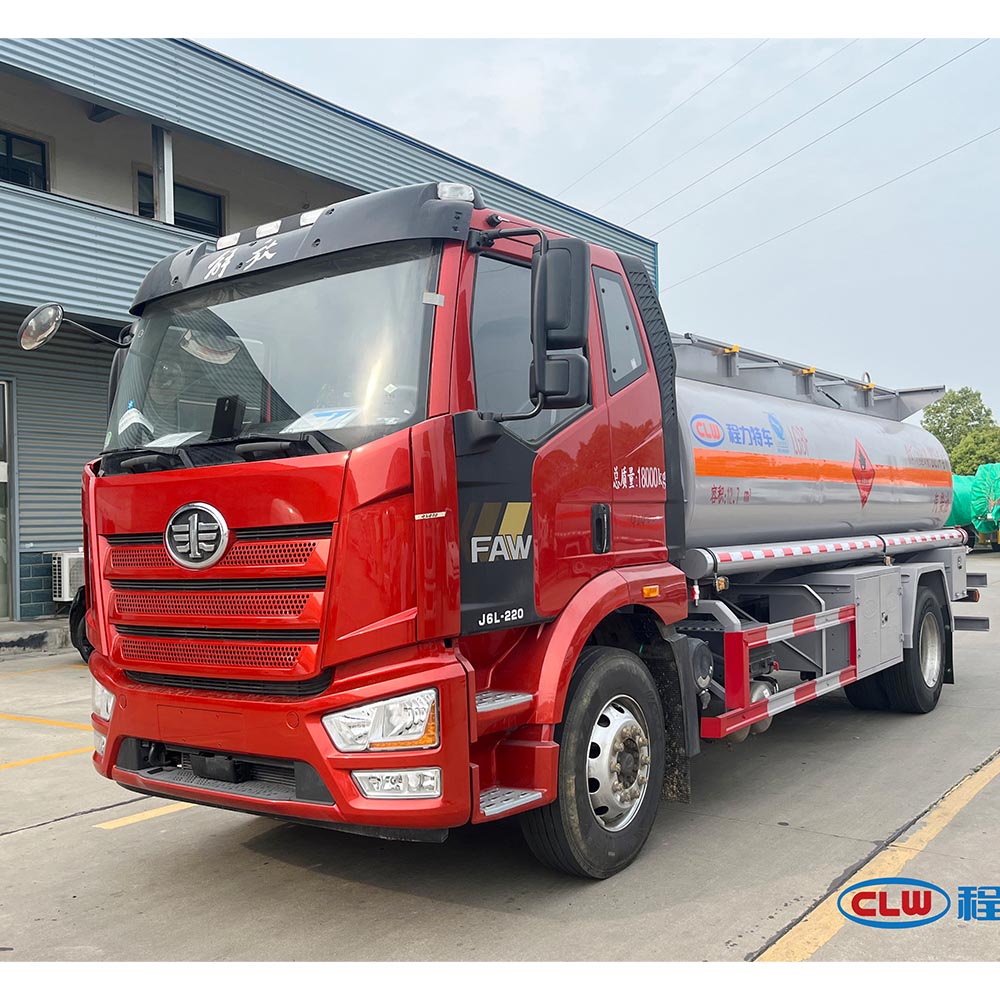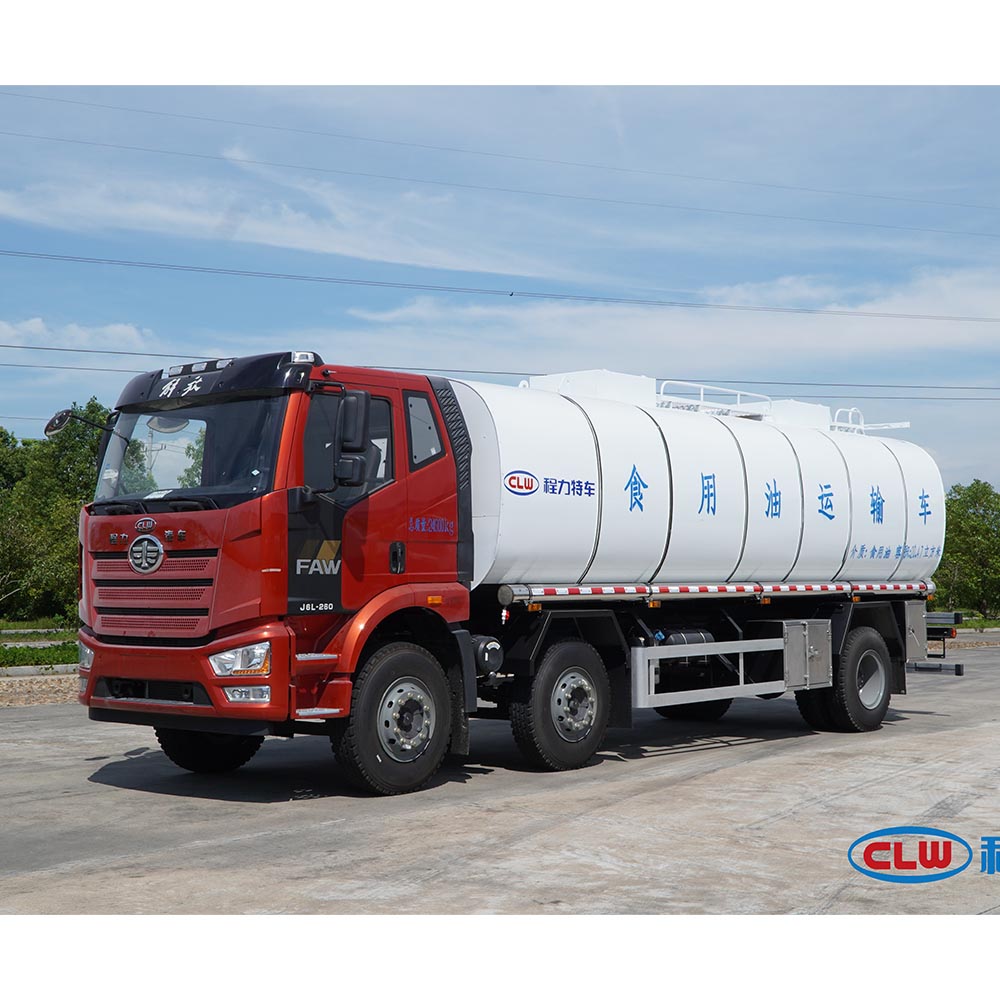-
程力汽车工业园
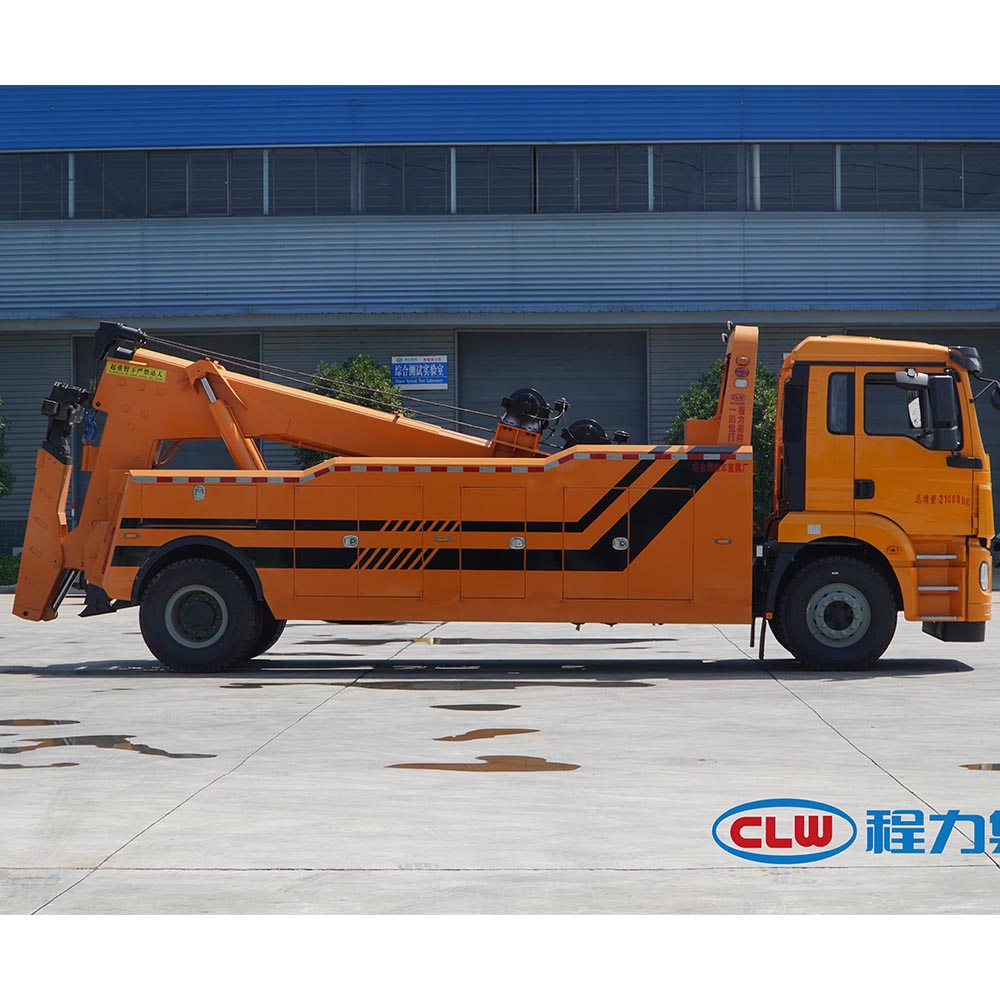
内华达州拖车法律法规
内华达州的拖车法:上路前您需要了解的信息
本文全面概述了内华达州的拖车法律,重点介绍了车辆和拖车拖曳法规。其目的是教育读者,尤其是汽车维修、汽车经销商、道路救援和物流行业的读者,让他们了解内华达州法律规定的权利和责任,使其成为任何从事车辆拖曳和救援的人员的宝贵资源。
目录
1.内华达州的一般拖车法有哪些?
内华达州的拖车法律旨在平衡车主的权利、财产所有人的需求和公众的安全。以下是您需要了解的内华达州一般拖车法律:
- 公共道路: 如果车辆非法停放、妨碍交通或被视为弃车,则可将其从公共道路上拖走。 内华达州修订法规 (NRS) 将废弃车辆定义为在公路上无人看管超过 24 小时的车辆。
- 私人财产: 内华达州允许业主 拖车 车辆停放在 违例 只要他们遵守具体要求,就可以在自己的地产上以某种方式使用。
- 通知: 在 拖吊车 可以移走车辆,业主或 合法持有者 必须通知 地方执法 机构或张贴明显标志,表明未经许可的车辆将被 拖带 费用由业主承担。
- NRS 487.038 规定了从私人财产拖走的具体程序,包括任何不动产的所有者或合法占有者可以 拖车 a 车辆 如果所有人或个人有合理的理由认为 车辆停放 未经授权或如果 车辆 未经财产所有人或合法占有人同意,超过 24 小时无人看管。
2.内华达州法律如何规范扣押行为?
内华达州的扣押法律 概述如下 NRS 487.037 和 NRS 487.038.这些法规详细规定了在哪些情况下可以将车辆 被扣押 以及必须遵循的程序。以下是一些关键方面:
- 执法扣押: 执法部门可以出于各种原因扣留车辆,包括登记过期、涉及犯罪或驾驶员被捕。
- 私人扣押场: A 业主 可以有车 被扣押 如果车辆违章停放或被遗弃,可将其从自己的财产中移走。
- 通知: "(《世界人权宣言》) 内华达州部 机动车辆管理局DMV) 必须在扣押车辆后的特定时间内发出通知。
- 发布: 若要取回被扣押的车辆,车主必须支付以下所有费用 拖车费, 仓储费以及任何适用的罚款。
3.在内华达州,车辆可以从私人财产中拖走吗?
是的、 内华达州 允许车辆 拖带 从 私人财产 在特定条件下。细目如下
- 标识: "(《世界人权宣言》) 业主 必须在每个入口处张贴清晰醒目的标志,说明未经许可的车辆将被拖走。该标志必须张贴在 宣布公共停车场 以某种方式加以禁止或限制。
- 授权: "(《世界人权宣言》) 业主 或 合法持有者 拖车必须得到财产所有人的授权。
- 通知: "(《世界人权宣言》) 拖吊车 经营者在拖走车辆后必须立即通知当地执法机构。日期和 时间 被拖走的车辆也必须交给警方。
- 合理原因: "(《世界人权宣言》) 业主 必须有合理的理由相信 车辆停放 在一个 违例 或已被遗弃。例如,车辆在下班后停放在营业场所,或在车主或驾驶员离开后很长时间仍留在物业内。 合法持有者 在获得许可后,可 拖车.
- 住宅区: 拖车 公司必须在 内华达州运输管理局 至 拖车 从 住宅区.的福利 住宅区居民 在进行任何 拖车 可以制作。
4.内华达州拖曳拖车的规则是什么?
拖车牵引法 于 内华达州 是确保道路安全的具体规定。以下是一些主要规定:
- 安全链: 内华达州要求拖车 配备 安全链 足以防止与 拖车 以防挂钩故障。
- 制动器 拖车 超过一定重量(通常为 3000 磅)的车辆必须有自己的制动系统。
- 长度和宽度: 总长度 拖车 和 挂车 合并不能 超过 70 英尺.......。 挂车 宽度一般限于 8.5 英尺。
- 灯光 拖车 拖车的尾灯、刹车灯和转向灯必须能在一定距离外看到。所有重量超过 3,000 磅的拖车 磅必须 所有车轮都有拖车制动器。拖车的总长度 拖车 和任何 挂车 或 预告片 拖车不能 超过 70 英尺。
- 牵引能力 "(《世界人权宣言》) 拖车 必须有足够的 牵引力 以安全拖动拖车的额定总重量 (GVWR)。
5.内华达州的拖车公司可以收取多少费用?
"(《世界人权宣言》) 拖车费 于 内华达州 由 内华达州运输管理局. 拖车公司 可以收取合理的拖车费和仓储费。
- 拖车费: 这些费用通常根据车辆类型、拖曳距离和时间而定。
- 存储费用: 存储费 收费按天计算,根据车辆的大小和 堆场 地点:
- NRS 706.4477 限制可向 拖车.
- 最高费率: "(《世界人权宣言》) 内华达州运输管理局 设定最高费率 拖车 公司可以收费。
6.如果我的车辆在未经我同意的情况下被拖走,我该怎么办?
如果您的 拖车时没有 您同意 内华达州如果您认为拖车是非法的,您应该这样做:
- 联系当地执法部门: 将事件报告给 地方执法 机构。
- 收集证据: 记录现场情况,对任何标识(或没有标识)进行拍照,并尽可能收集目击者信息。
- 联系拖车公司: 获取 拖车 警察或物业公司的标识。
- 查看 NRS 487.038: 熟悉有关从私人财产拖车的法规。
- 提出投诉: 您可以向 内华达州运输管理局 如果你相信 拖车 公司违反了规定。
- 寻求法律咨询: 如果您无法解决这个问题,请咨询以下领域的专业律师 拖车法.您还可以联系 民法自助中心 寻求帮助。
7.是否有针对停车区和住宅区的具体规定?
是的、 内华达州 有具体规定 停车场 和 住宅区 关于拖车:
- 停车区标识: 停车场 必须有明确的标志,标明停车限制和违规可能被拖走的情况。
- 住宅区: 在从住宅区拖车之前 拖车 公司必须在 内华达州运输管理局 并确保拖车对居民的安全或福利是必要的。
- NRS 487.038(6) 概述了从以下地点拖车的具体要求 住宅区强调需要保护居民的权利。
- 公寓大楼 公寓大楼的业主可以通过在车辆上张贴书面通知的方式,在提前 72 小时发出通知后将车辆拖走。通知必须注明日期和 时间 如果不移动,将被拖走。
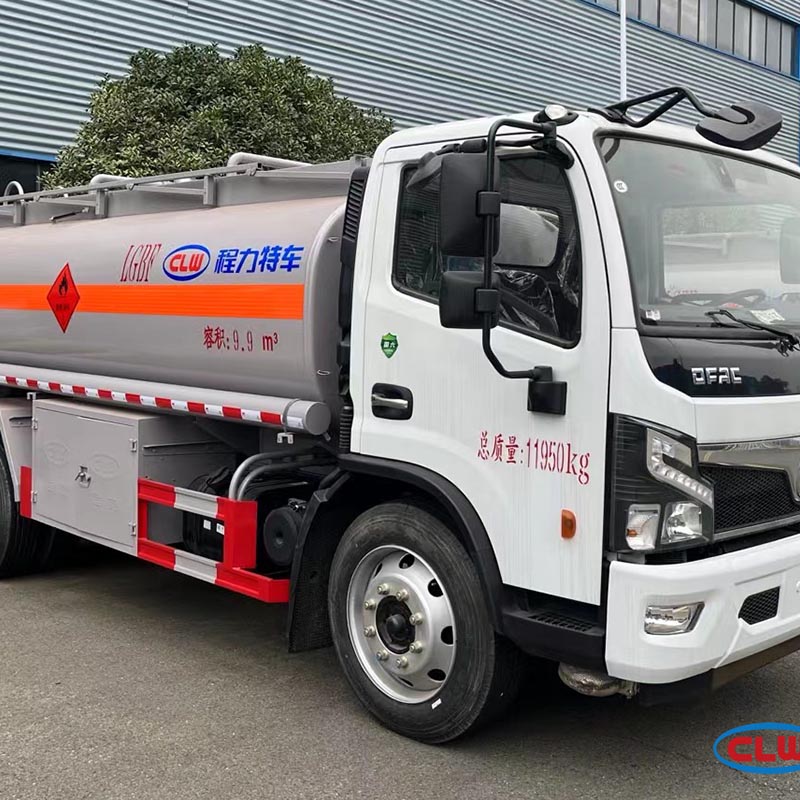
8.如何从扣押场取回我的车辆?
如果您的车辆已 被扣押 于 内华达州以下是如何 取车:
- 定位车辆: 联系 地方执法 机构或 DMV 以确定 扣留场.
- 收集所需文件: 您通常需要驾驶执照、车辆登记证和保险证明。
- 支付费用: 准备支付所有 拖车费, 仓储费并将任何未缴纳的罚款退还给 放行.
- 检查车辆: 在离开 扣留场请仔细检查车辆在拖车或存放过程中可能发生的任何损坏。
- 营业时间 扣押 地段必须在正常营业时间开放,即上午 8 点至下午 5 点。停车场 拖车操作员 必须向 放行 1 小时内
9.在内华达州运营拖车有哪些要求?
内华达州的拖车需要遵守特定要求,以确保公共安全和公平。
注册和许可: 所有拖车运营商都必须在内华达州交通管理局注册,并获得公共便利和必要性证书。
保险 拖车必须购买特定的保险,包括责任险,以防止拖车在拖行过程中造成损失。
设备标准: 拖车必须符合一定的设备标准,如适当的照明、警告信号和拖车装置。
操作员资格: 拖车操作员需要持有有效的驾驶执照,根据所拖车辆的类型可能还需要其他证书。
保存记录: 拖车公司必须保留拖车的详细记录,包括车辆信息、拖车地点和收费。
收费条例: 内华达州交通管理局规定了拖车公司对不同服务的最高收费标准。
检查: 拖车必须接受内华达运输管理局的定期检查,以确保其符合安全和操作标准。
道德实践: 拖车运营商必须遵守商业道德,避免掠夺性拖车或收取过高费用。
10.如果我将车辆遗弃在私人领地上会怎样?
如果您将车辆遗弃在内华达州的私人领地上,那么 业主 则有权将其拖走并可能拍卖。
- NRS 487.270 废弃车辆是指未经车主同意,在私人领地上放置超过 24 小时而无人看管的车辆。
- 车主必须在拖车前通知执法部门。
- "(《世界人权宣言》) DMV 将尝试通知登记所有人和任何留置权人。
- 如果过了一段时间仍无人认领,车辆可能会被公开拍卖,以支付拖车和存储费用。
- 出售收益超过 拖车 和 仓储费 通常在特定时间内为注册所有者保管。
常见问题
如果我在拖车过程中出现,拖车公司是否可以拒绝放行我的车辆?
不,根据 NRS 487.038如果车主或 业主代理人 在准备拖车之后但在车辆离开物业之前出现,则 拖车操作员 必须 放行 如果业主愿意支付以下部分的费用 拖车 可归因于编制 拖车 用于牵引车辆。
在内华达州牵引拖车时,有关安全链的规定有哪些?
内华达州法律规定拖车 配备 安全链 链条应足够结实,以防在挂钩失灵时与拖车分离。链条应穿过拖车舌板下方,并牢固地连接到拖车的车架上。
如果扣押场关闭,是否可以收取周末和节假日的保管费?
不,不能收取费用 仓储费 的日子里 扣留场 如周末和节假日。
从私人物业拖车时,对标志牌是否有具体要求?
是的、 内华达州 法律要求在物业的每个入口处设置清晰醒目的标牌,说明 违例 车辆将被拖走,费用由车主承担。标志必须包括 拖车 公司名称、电话号码和堆场位置。此外,标志必须张贴在 宣布公共停车场 成为 禁止或限制 以某种方式。
如果我认为我的车是被非法拖走的,我该怎么办?
如果您认为您的汽车被非法拖走,请首先联系当地执法部门。然后收集证据,如标志牌和任何目击者的照片。如果拖车公司违反规定,请向内华达州交通管理局投诉。对于尚未解决的问题,可考虑寻求法律建议。
在内华达州,什么是私人财产上的 "废弃车辆"?
在内华达州,根据 NRS 487.270 的规定,如果未经车主同意,车辆在无人看管的情况下放置超过 24 小时,则视为被遗弃在私有财产上。
结论
以下是本文的主要观点:
- 内华达州 具有特定的 法律法规 管理公共道路和私人财产的拖曳行为。
- 业主在将车辆拖离其物业前必须遵守特定要求。
- 拖车 公司必须在 内华达州运输管理局 并遵守最高费率规定。
- 如果车主认为自己的车辆被非法拖走,他们有权追索。
- 理解 拖车牵引法包括使用 安全链 和适当的制动系统,对于在下列情况下安全拖曳至关重要 内华达州.
- 如果您的车辆被扣押,您必须向以下机构支付所有适用费用 取车.
- 如果您是车主,需要 拖吊车 今天就联系我们。我们 清障车、拖车制造 植物有不同类型的 拖车 以满足您的需求,例如 食用油运输车 25.6 立方米容量, 25.5 立方米铝合金运油车和 压裂砂罐车 31,000 公斤容量.如果您想购买 拖吊车 或要求提供以下信息 保险政策 如需拖车,请与我们联系,我们可以满足您的所有拖车需求。我们还有 爆炸设备运输车.
通过了解和遵守这些法律,车主和业主都能帮助确保顺利、合法地使用车辆。 拖车经验 于 内华达州.

